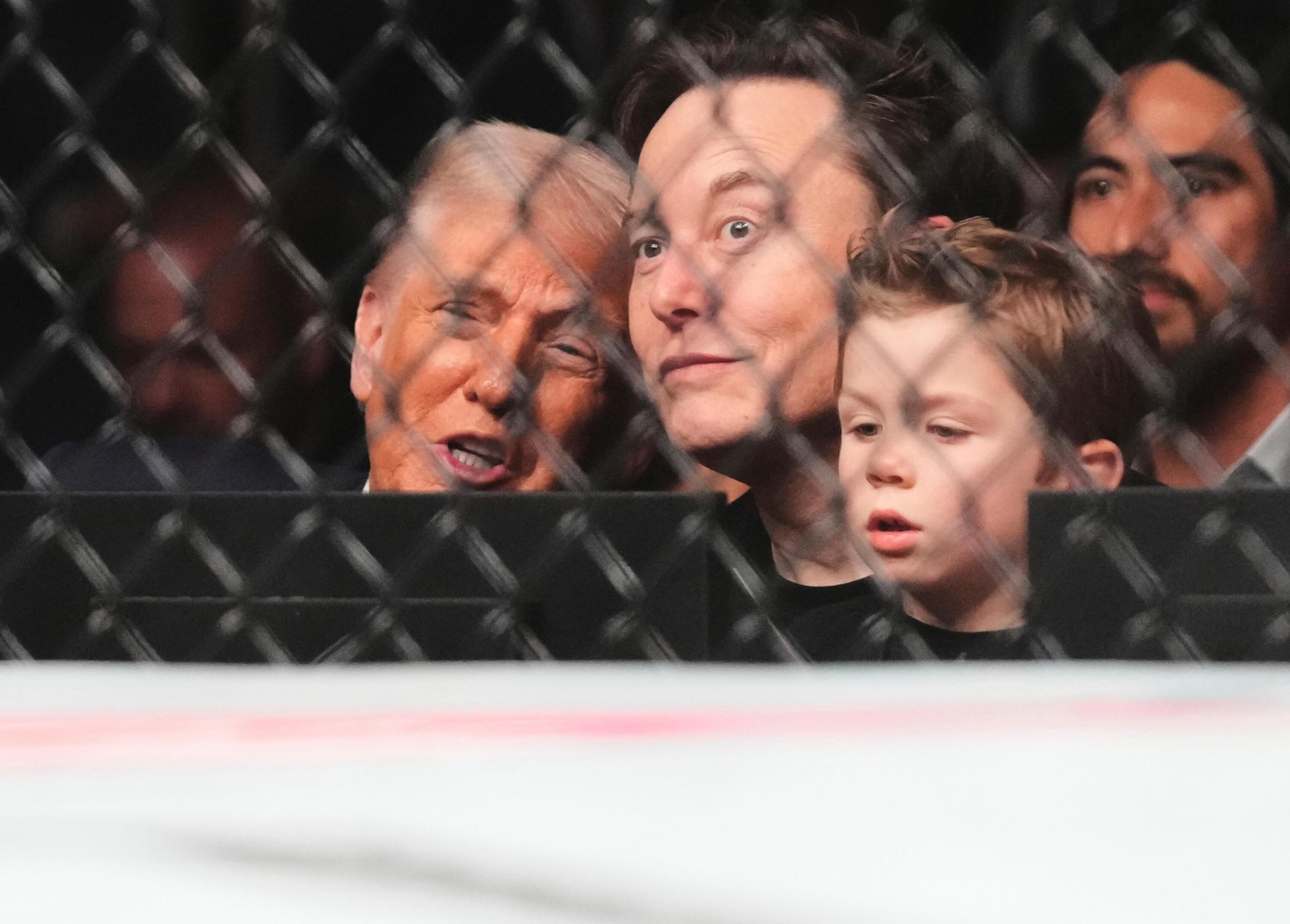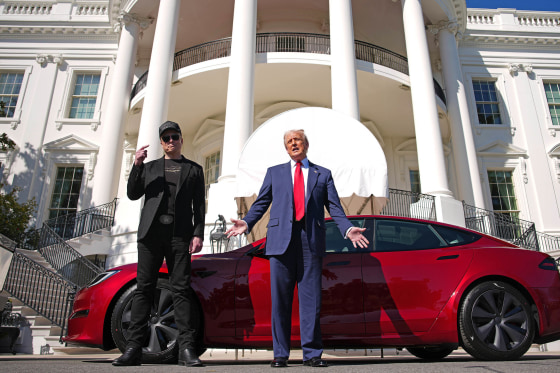Tesla Inc. experienced a historic single-day market value loss of over $150 billion on Thursday, June 5, 2025, following a public feud between CEO Elon Musk and U.S. President Donald Trump. The clash, which erupted over Trump’s proposed tax and spending bill, sent Tesla’s stock plummeting by 14%, marking the company’s largest one-day drop in its 15-year history as a publicly traded company. Musk later expressed regret for some of his remarks, but the fallout has raised concerns about Tesla’s future amid political and economic uncertainty.

The dispute began when Musk criticized Trump’s sweeping tax bill on his social media platform X, calling it a “disgusting abomination” and warning that the proposed tariffs could trigger a recession in 2025. The bill, which includes plans to eliminate the $7,500 electric vehicle (EV) tax credit by the end of 2025, directly threatens Tesla’s business model, which has benefited from such incentives. Musk’s outspoken comments escalated tensions, prompting Trump to retaliate on Truth Social, threatening to terminate government subsidies and contracts for Musk’s companies, including Tesla and SpaceX. Trump also claimed Musk had turned against him after their once-close relationship soured, accusing the billionaire of being upset over the loss of EV subsidies.

The market reaction was swift and severe. Tesla’s shares closed at $284.70, wiping out $152 billion in market capitalization and dropping the company below the $1 trillion valuation mark. The selloff also impacted Musk’s personal fortune, reducing his net worth by $34 billion in a single day, according to Bloomberg’s Billionaires Index. Investors expressed concern over the potential risks of an acrimonious relationship with the Trump administration, which could lead to increased regulatory scrutiny of Tesla’s operations, particularly its ambitious robotaxi project set to launch in Austin, Texas.

By Friday, Tesla’s stock rebounded slightly, gaining 3.7% as signs of de-escalation emerged. Musk posted on X, admitting that some of his remarks about Trump “went too far” and expressing regret. White House aides reportedly scheduled a call with Musk to broker peace, and Trump told the New York Post that he had “no hard feelings” toward the Tesla CEO, suggesting a possible reconciliation. However, Trump’s earlier comments to CNN, where he said he was “not even thinking about Elon” and that Musk “has a problem,” left investors uncertain about the longevity of any truce.
Analysts argue that Tesla’s challenges extend beyond the Musk-Trump feud. The company has faced declining EV demand, an aging product lineup, and growing competition from Chinese automakers like BYD. Goldman Sachs recently lowered its price target for Tesla, citing a weak outlook for 2025. Additionally, Musk’s association with controversial political figures has alienated some consumers, further impacting Tesla’s brand. “Much of Tesla’s stock value is driven by perception rather than fundamentals,” said Gerber, a fund manager holding 235,000 Tesla shares. “This feud highlights the risks of Musk’s political entanglements.”
The broader market also felt the ripple effects, with Destiny Tech100 Inc., a fund with significant SpaceX holdings, dropping 13%. Short sellers capitalized on the chaos, earning nearly $4 billion in profits from Tesla’s crash, according to Ortex. Despite the partial recovery, Tesla’s stock remains 26% lower for the year, making it the worst-performing large-cap stock in 2025.
As Tesla navigates this turbulent period, investors are closely watching Musk’s next moves and the administration’s stance on EV policies. The company’s robotaxi launch is seen as critical to restoring confidence, but political headwinds and regulatory hurdles could complicate its path forward. For now, the Musk-Trump saga underscores the high stakes of mixing business with politics in an increasingly polarized landscape.
Sources: Reuters, Yahoo Finance, The Guardian, Fortune, Times of India